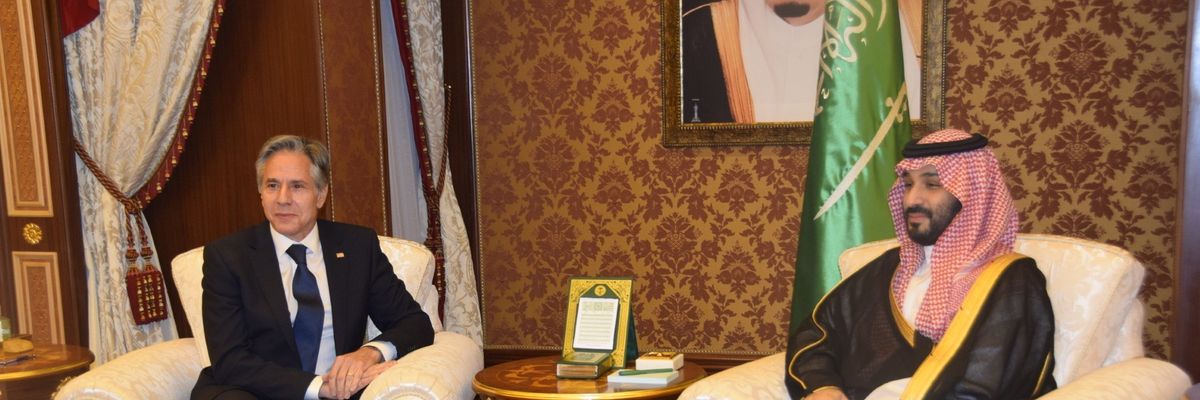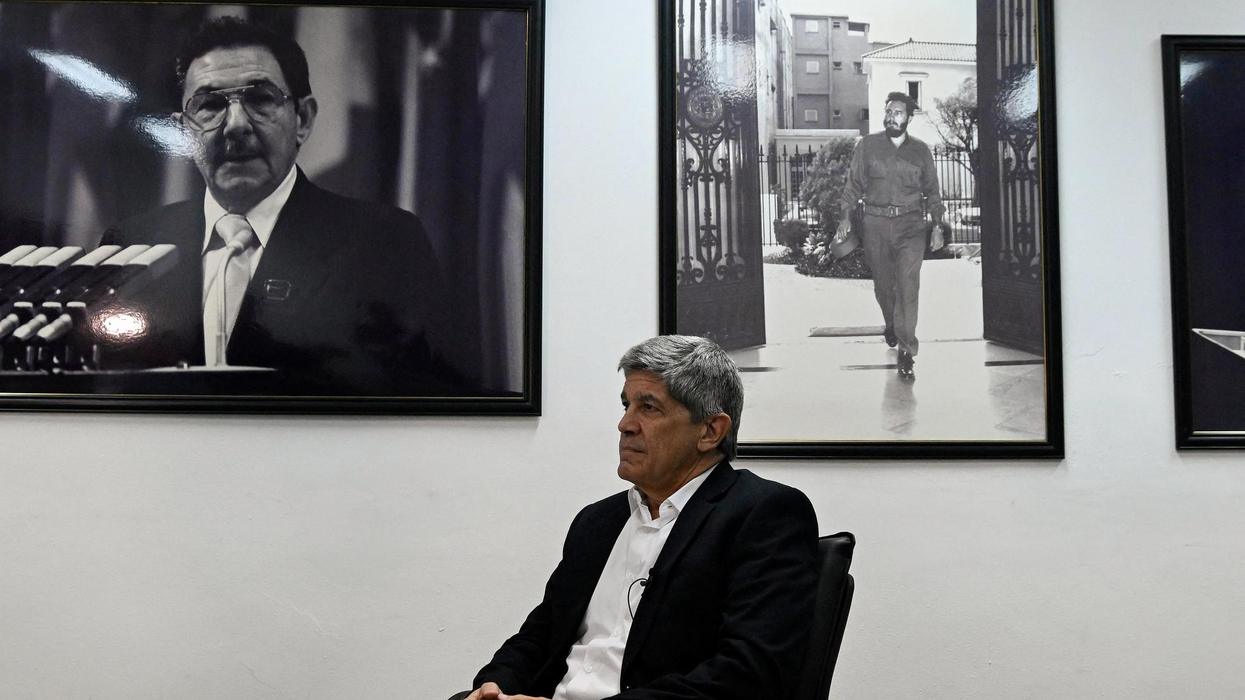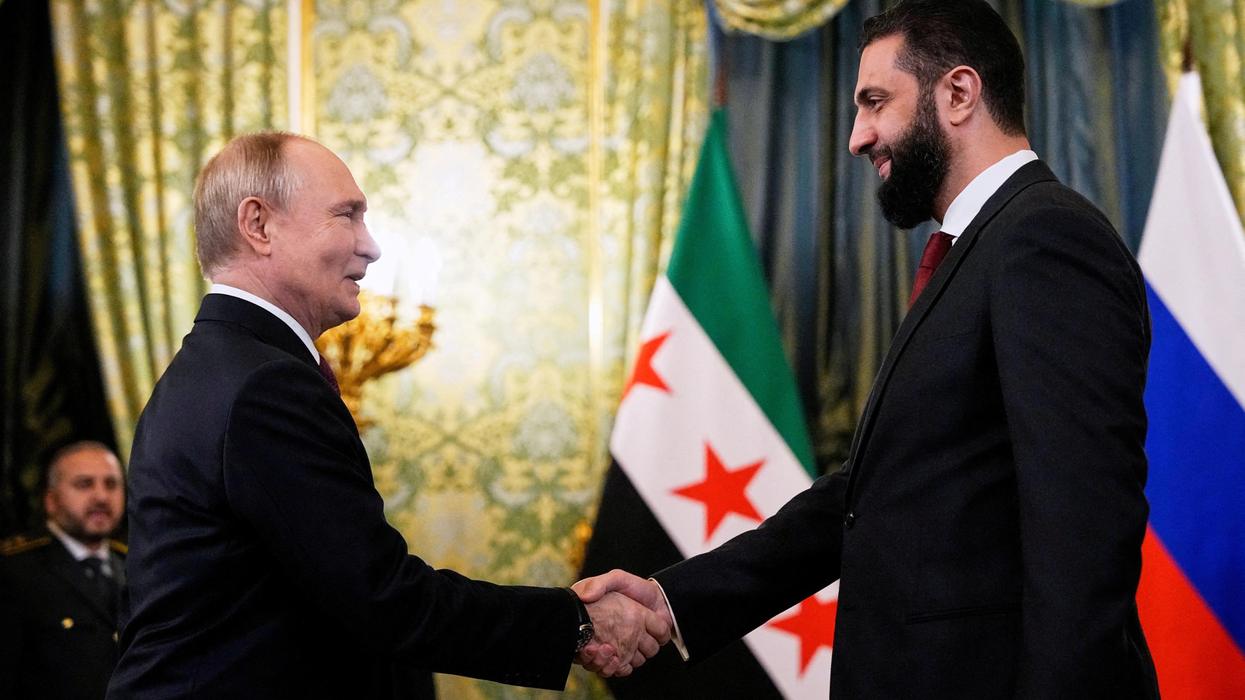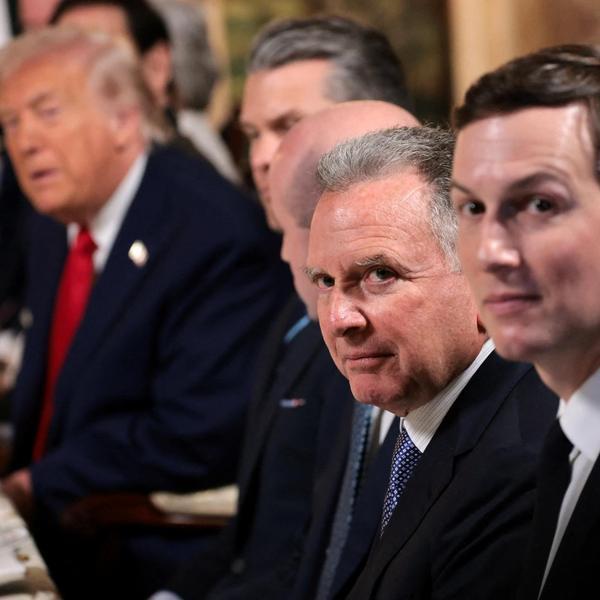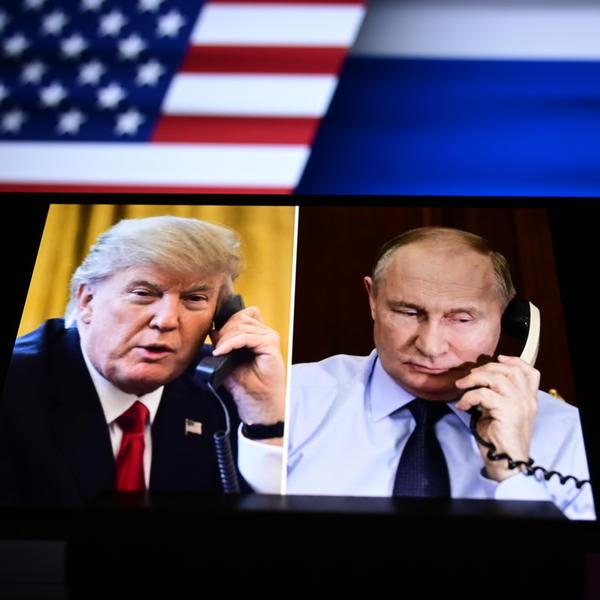Amid the reopening of Iranian and Saudi diplomatic missions after a seven-year hiatus, symbolizing their official rapprochement and the shifting geopolitical dynamics in the Persian Gulf, U.S. Secretary of State Anthony Blinken arrived in Riyadh last week with an outdated agenda.
Washington's failure to adapt to the new regional realities has left it isolated, as its policies no longer resonate with its partners in the region. While the United States continues to be “deeply invested” in the region for the foreseeable future, its policies are becoming the primary impediment to diplomatic engagements as well as economic development and integration in the broader Middle East.
The Persian Gulf region experienced a period of heightened military tensions in 2019. Saudi Arabia faced direct drone and missile attacks on its oil facilities, while the United Arab Emirates encountered similar threats at its ports. These incidents underscored the dangers of prolonged tensions with Iran and exposed the United States' reluctance to employ military force in response to such provocations. Effectively, Donald Trump's administration not only contributed to the crisis but also made it clear that it was unwilling to resolve it.
Shortly before Joe Biden's inauguration in January 2021, the member states of the Gulf Cooperation Council convened a summit in Al Ula, Saudi Arabia, to end the more than three-year-long blockade on Qatar. By the time the summit took place, Saudi Arabia and the UAE had already initiated talks with Iran to de-escalate tensions. Today, with the exception of Bahrain, all other five members of the GCC have mended their differences among themselves and with Tehran. Even countries traditionally hostile to Iran, such as Egypt and Jordan, are exploring possibilities for rapprochement to align their policies with the evolving geopolitical developments across the Middle East.
Previously, Saudi Arabia, along with the UAE and Bahrain, staunchly advocated for the Trump administration's withdrawal from the Joint Comprehensive Plan of Action and the imposition of a maximum pressure campaign on Iran. Today, not only are these states now advocating for the revival of the same agreement they vehemently opposed, but they are also engaging Iran on unprecedented levels. The shift stems from their apparent recognition that a perpetual conflict with Tehran poses a threat to their short and long-term socio-economic development agendas.
While the Arab states have transitioned from a policy of tension and conflict to one of dialogue and cooperation, Washington appears determined to perpetuate conflict in the Persian Gulf. Since 2017, the United States has made several attempts to create an anti-Iran coalition. Initiatives such as the Middle East Strategic Alliance (MESA), which aimed to establish a NATO-like organization comprising Arab states, Washington, and Tel Aviv, exemplify these efforts. The Warsaw Summit in 2019 pursued similar objectives.
Under the Biden administration's support and involvement, Israel convened a summit in Negev, bringing together the foreign ministers of the UAE, Bahrain, Egypt, and Morocco. Then-Israeli Foreign Minister Yair Lapid stated that the summit aimed to construct a new security architecture primarily focused on intimidating and deterring "our common enemies, first and foremost Iran and its proxies."
However, the Arab participants in these meetings hold a different perspective. Notably, the UAE has framed its normalization of relations with Israel primarily in economic terms and has refrained from publicly endorsing any security or military initiatives targeting Iran.
Last year, while Biden traveled to Jeddah, a proposal for a new U.S.-Saudi relationship under a "strategic compact" was put forward, as well as the establishment of a joint aerial and missile defense partnership among Arab states, the United States, and Israel, dubbed the "Middle East Air Defense Alliance," aimed at countering and isolating Iran. Yet, these proposals have stalled, and even the active U.S.-led maritime initiative in the Persian Gulf is now unraveling.
The Israel factor has been looming large on the prospects of closer ties between Arab states and Iran. The UAE's diplomatic engagement with Iran took place against the backdrop of the Abraham Accords. While this had the potential to strain relations between Tehran and Abu Dhabi, the establishment of ties between the UAE and Israel did not impede diplomatic engagements between Tehran and Abu Dhabi. Although Iranian officials criticized the Emiratis for their interaction with Tel Aviv, the developments in bilateral Iranian-Emirati relations demonstrate how ideological issues are compartmentalized in geostrategic calculations.
In 2017, I argued that the Arab states of the Persian Gulf must choose between the paths proposed by Iran and Israel. At the time, Iran advocated for regional diplomacy, leading to the Hormuz Peace Endeavor, while Israel sought an Arab-Israeli alliance to isolate and counter Iran. Today, the unforeseen diplomatic developments in the region suggest that the Arab states themselves are now charting a path for the future, one where Iran and Israel must learn to coexist with their Arab neighbors and with each other.
The détente will undeniably lead to the expansion of the rivalry and competition between Iran and Saudi Arabia, not only in the Middle East but also in the broader Eurasian context. Riyadh does not want China and Russia, two global powers, to be solely aligned with Tehran. Similarly, Iran is not keen on being second-favorite to Beijing and Moscow.
The growing trend of Iran, Saudi Arabia, and other GCC states joining non-Western economic and security blocs also falls within this context. The Shanghai Cooperation Organization, the BRICS group, and other such groupings currently serve as deliberative and economic-oriented bodies that are not structured to work against any specific country or group of countries. It has become clear that no country in the region, except Iran, is willing to participate in any regional composition that would alienate another global power. These shifts signal a new multipolar order where regional players prioritize their own economic development to ensure survival and prosperity in the post-oil era.
The absence of the United States in these latest regional developments has opened up opportunities for other global players to assert their influence and foster multilateral cooperation. While the United States remains out of step with the evolving geopolitical landscape in the Persian Gulf, China and the European Union have seized the opportunity to enhance their regional engagement. China's efforts led to the signing of the Iran-Saudi détente, and the country plans to hold a region-wide summit in Beijing later this year to further advance its multilateral approach.
Meanwhile, the European Union published its Joint Communication on a "Strategic Partnership with the Gulf" in May 2022, and in April 2023, Luigi Di Maio was appointed as the newly established position of EU Special Adviser for the Gulf. The EU played a pivotal role in supporting the Baghdad Conference for Cooperation and Partnership, which brought regional countries together in August 2021 and again in December.
The upcoming Iran-GCC-China summit in Beijing and the third meeting of the Baghdad conference later this year provide multilateral avenues for dialogue and cooperation. Notably, the United States will be absent from both events, further highlighting its isolation and diminishing influence in the region.
While the United States' influence in the region may have diminished in recent years, its role as a key player in the Middle East cannot be discounted. However, the changing dynamics and the emergence of alternative power centers necessitate a recalibration of U.S. policies to align with the new geopolitical shifts across the Middle East. By embracing a multipolar order and fostering economic development, the region aims to ensure its own prosperity and stability. Washington should allow the region to further explore these diplomatic avenues and not impede them.

